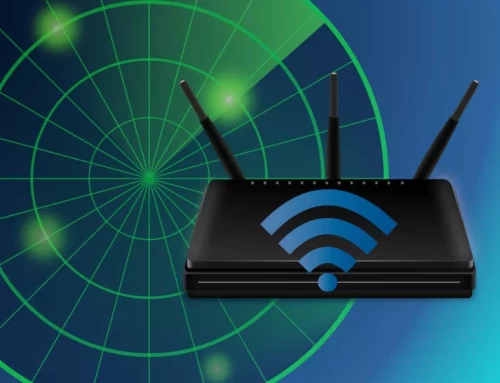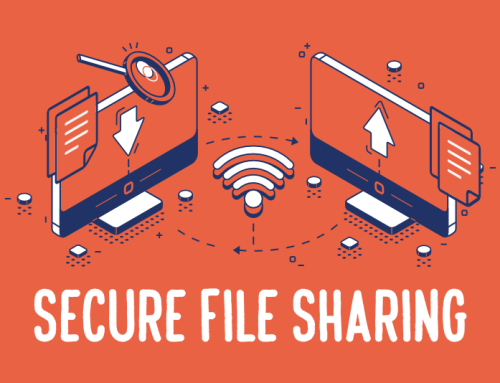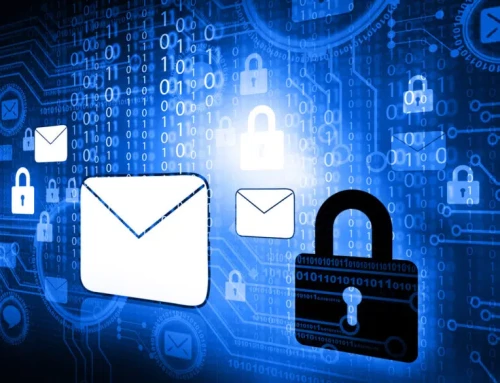Email security
Email is now a necessary tool for communication in both the personal and professional spheres of the modern digital world. Email’s accessibility and widespread use, though, also present a number of security issues. It is essential to put in place strong safeguards to protect the confidentiality, integrity, and authenticity of email communications because cyber threats are becoming more sophisticated. This article examines a number of email security issues and offers helpful advice for maintaining private and secure email communication.
Encrypting Email Communication
One of the most important aspects of email security is email encryption. Email content that has been encrypted makes it much more difficult for unauthorized parties to intercept and decipher the message. Only the intended recipient will be able to decrypt and read the email thanks to the use of encryption. The most secure method is end-to-end encryption, which encrypts the message on the sending device and decrypts it on the receiving device.
Strong Authentication Mechanisms
By confirming the sender’s and recipient’s identities, authentication mechanisms are essential to email security. Strong authentication protocols, such as DomainKeys Identified Mail (DKIM), Sender Policy Framework (SPF), and Domain-based Message Authentication, Reporting, and Conformance (DMARC), can be implemented to help prevent email spoofing and guarantee that emails are coming from reliable sources.
Phishing Prevention
Phishing attacks remain a serious danger to email security. Cybercriminals use deceptive methods to trick people into disclosing personal information or carrying out malicious deeds. It is essential to be vigilant and adhere to best practices, such as double-checking email senders, avoiding clicking on dubious links or attachments, and routinely updating and using powerful antivirus and anti-malware software, to reduce the risk of falling victim to phishing attacks.
Email Filtering and Spam Detection
In addition to clogging inboxes, spam emails can be dangerous for your security. The likelihood that malicious emails will reach users’ inboxes can be significantly decreas by implementing effective email filtering and spam detection mechanisms. In order to recognize and block spam, phishing attempts, and emails containing malware, advanc spam filters examine email content, headers, and sender reputation.
Regular Software Updates and Patches
To fix security flaws that hackers could exploit, email clients and servers frequently publish security updates and patches. The risk of unauthoriz access and data breaches can be significantly decreas by regularly updating email programs, operating systems, and any relate plugins or extensions.
Employee Education and Training
In email security, human error is frequently the weakest link. Employee education and training regarding the best practices for email security must be given top priority by organizations. This includes promoting a culture of skepticism and caution when interacting with emails, especially those that request sensitive information or urgent action, stressing the significance of strong passwords, encouraging the use of multi-factor authentication, and raising awareness of phishing techniques.
Emails may include private and sensitive information. Sensitive data leakage via email can be avoided by putting data loss prevention (DLP) measures in place. Outgoing emails are checked by DLP solutions for sensitive data like credit card numbers or social security numbers, and emails that contain this data are either blocked or flagged as being illegal.
In the digital age, protecting sensitive information and preserving privacy require secure email communications. Individuals and organizations can significantly lower their risk of falling victim to cyber threats by implementing strong encryption, reliable authentication methods, and efficient email filtering.
A thorough email security strategy also includes regular software updates, employee training, and data loss prevention measures. By implementing these procedures, we can make sure that email continues to be a dependable and secure communication medium in a world that is becoming more interconnected.
What is email security?
Email (short for electronic mail ) is a digital method by using it we exchange messages between people over the internet or other computer networks. With the help of this, we can send and receive text-based messages, often an attachment such as documents, images, or videos, from one person or organization to another.
RAM Antivirus. While spam filters can separate spam messages from regular mail and delete them eventually, this will take time.






